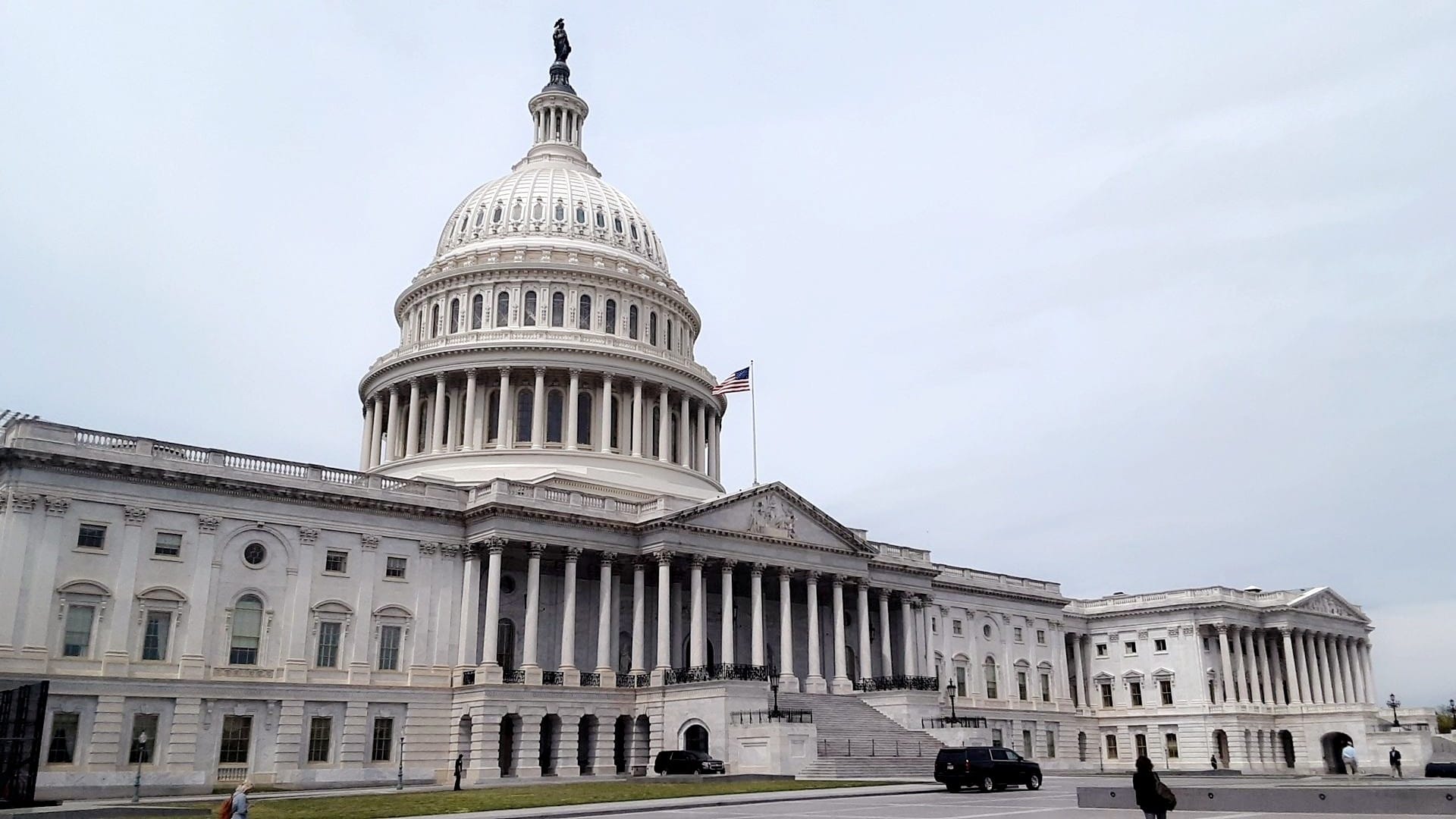Our community is hurting right now. In the past 12 months, The Des Moines Area Religious Council, or DMARC has assisted over 70,000 people in Greater Des Moines through its network of 14 food pantries. Here in the city of Des Moines, that number includes one in four residents.
Every month, we continue to see no less than 2,000 people visit one of our food pantries for the first time ever. In July 2024, we assisted over 28k unique individuals – the highest monthly total in the nearly 50-history of the DMARC Food Pantry Network. There is currently no end in sight to this rising level of need. These figures are daunting, but they are not happening in a vacuum.
Unhoused individuals make up merely a fraction of the percent of the people who utilize the DMARC Food Pantry Network in our community, however, our work around food insecurity doesn’t happen in isolation to the other cost of living crises that our neighbors face every day. Healthcare, housing, transportation, childcare, you name it… the cost of these basic needs are all putting undue burden on many of our neighbors. The systematic disparities that may lead people to seek out a pantry can also lead to difficult decisions around housing and other financial woes and the current cost of living crisis has only exacerbated them. No band-aid is big enough to address these wide systematic issues.
We are grateful that the city is taking a more critical look at ways to make a positive impact on our neighbors in need – especially those who are being tasked with the impossible choices that come with being unhoused. So many are just one bad week or month away from facing these dire circumstances. How will the proposed ordinance changes being put forward to the city council address the inadequate levels of affordable housing in central Iowa?
These directives aren’t addressing an unmovable boundary of long lines and waitlists for those who have exhausted their other options. Affordable housing is out of reach for tens of thousands of our city’s residents. People are struggling to meet their most basic needs. Telling someone who has nowhere else to go that they can’t be where they are, regardless of the severity of the penalty is not the best use of our resources with the level of need we are seeing.
Our community is at its best when we are working together. As faith communities, government, business leaders, and neighbors: what is possible when we unite to meet this unprecedented need? The most important resource we can protect for our neighbors right now is their time; not take more of it away. We urge our city leaders to take a step back and yield the time spent on this ordinance to assist the agencies who are so desperately in need of more options for seeking shelter and affordable housing. Please guide them in the areas where they have the best chance to be successful.



